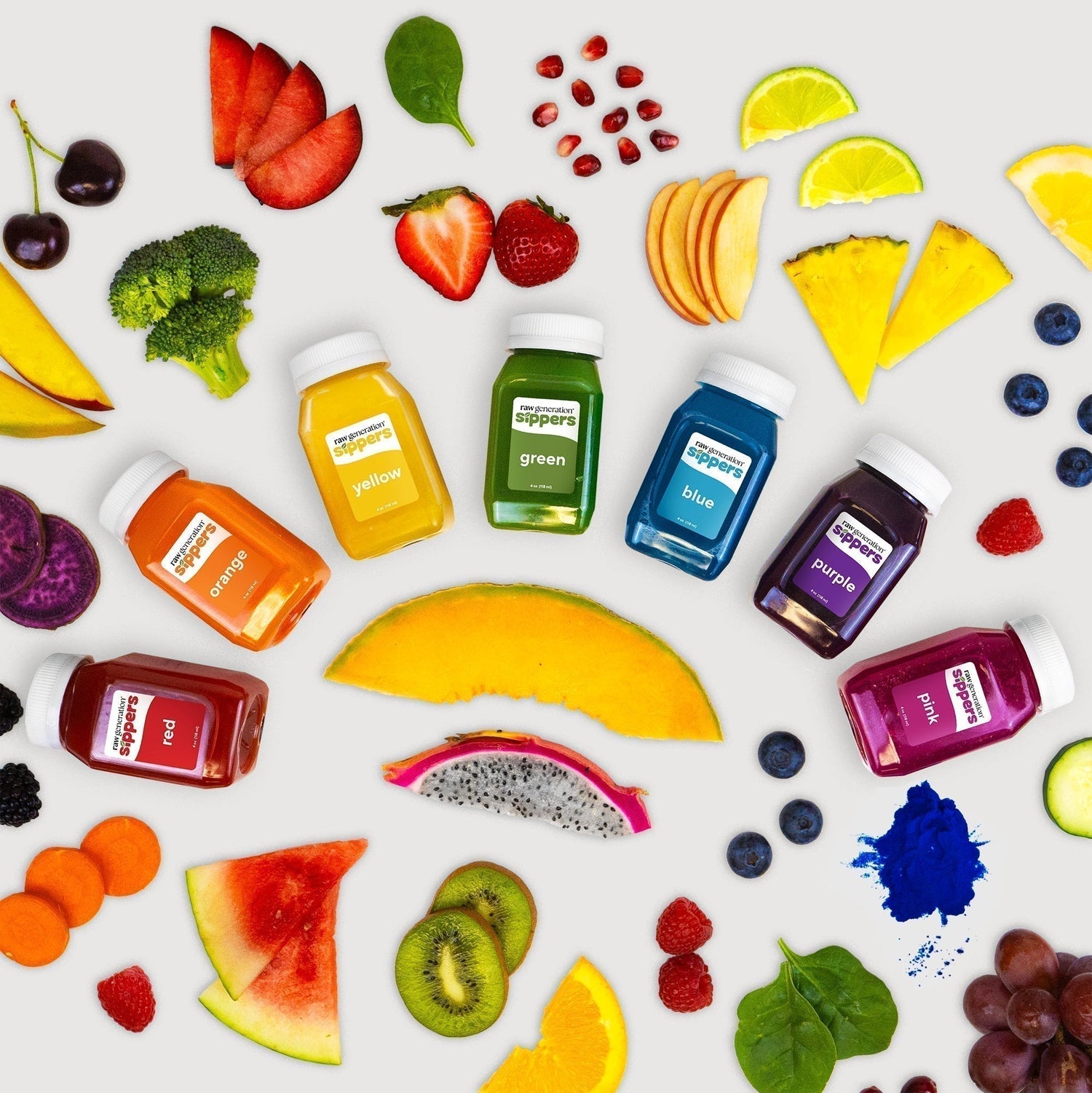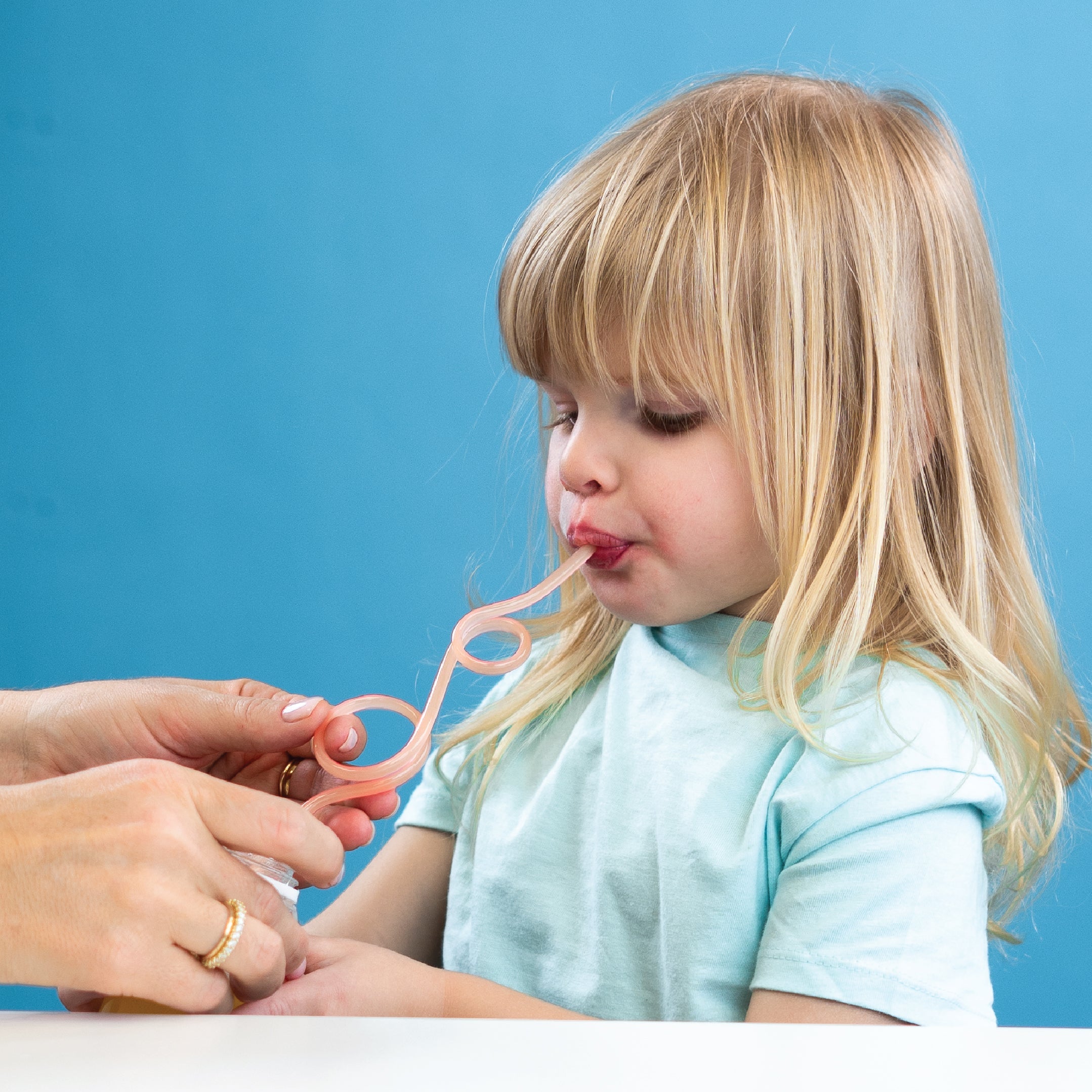Feeding your children has become more challenging than ever before, and ensuring they eat healthy is an entirely different struggle.
As a parent, it can often feel like the odds are stacked against you, from convincing your picky toddler to eat vegetables to navigating brands that claim to be “clean” but fall short of their promises.
You often hear the saying "fed is best" as your child eats their fifth slice of pizza this week, but you can't help but think, "I want to feed my child better than pizza", because you know their growing body needs it.
The Importance of Proper Nutrition in Childhood
Children are similar to adults in the sense that both need vitamins, minerals, carbohydrates, proteins, and fats for optimal health. However, children especially need these macro and micronutrients because their bodies are growing and developing so quickly.
Proper nutrition during early years truly sets the foundation for good health in adulthood and impacts each “pillar” of the body; physical, mental, and emotional.
What is a Healthy Diet for a Child?
Ideally, a healthy diet for children should consist of the following foods:
- All fresh fruit
- All vegetables
- Healthy whole grains, like brown rice, oats, and quinoa
- Beans and legumes
- Healthy fats, like avocado, raw nuts, and seeds
- Protein, like eggs, chicken, beef, and fish
From picky eating to fluctuating food preferences—like loving broccoli one day and hating it the next—I know how challenging it can be to encourage healthy eating habits while meeting your child's nutritional needs. This is exactly why I created Little Sippers™.
It is the ultimate solution for parents striving to provide their children with essential nutrition. You can stop worrying about how many vegetables you can hide in pasta sauce before they think it tastes gross (I've been there many times).
Sifting Through Deceptive Marketing
As if picky eating wasn’t challenging enough, finding brands you can trust amidst the false claims can be even tougher. A prime example of this issue lies with products like apple squeezes and so-called “fruit” juices.
In today's market, processed apple sauces and pasteurized juices “from concentrate” are often touted as healthy options for kids, but the reality is quite different.
Many of these products are stripped of their natural nutrients through high-heat processing, and loaded with added sugars and preservatives. What’s actually left over is a sugary, nutrient-deficient snack that offers little-to-no benefit to their growing bodies.
Another “healthy snack” marketed to children is canned fruits or “fruit cups.” These fruit cups are not just fruit. Just take a look at the ingredients below from a very popular brand on the market:
“Water, sugar, peaches, pears, pineapple, carrageenan, cochineal extract, locust bean gum, malic acid, fumaric acid, natural and artificial flavors, sodium citrate, potassium citrate, caramel color, and ascorbic acid”
Do these ingredients sound healthy enough for a growing child? My opinion as a mom and a Certified Holistic Health Coach is absolutely NOT.
Parenting is hard. Sometimes feeding your kids is harder... until now.
What sets Little Sippers™ apart is our commitment to purity: ZERO added sugars, ZERO artificial colors, and ZERO preservatives. Every ingredient is a real plant. And! These flavors have been fully tested and loved by kids ages 2-16, making it easier than ever to get children of all ages excited about healthy eating.
Within the 7 rainbow-colored Little Sippers™ there is a total of 40 different raw fruits and vegetables in just 1 one week.
Unlike other brands that use heat-pasteurization or high-pressure processing, our juices are 100% raw, preserving all the natural vitamins, minerals, and antioxidants crucial for healthy growth, brain development, and immunity.
You don't have to settle for less when it comes to your child's health. You can now give them the real nutrition they deserve in flavors they’ll actually enjoy.
Sources:
- Benefits of Healthy Eating for Children
- How Nutrition Effects Your Child’s Mental Health
- Trends in Consumption of Ultra-processed Foods Among US Youths Aged 2-19 Years, 1999-2018
- Childhood Obesity Facts
- Predicting Obesity in Young Adulthood from Childhood and Parental Obesity
- Artificial Food Colors and Attention-Deficit/Hyperactivity Symptoms: Conclusions to Dye for
- Could Excessive Sugar Intake Contribute to Aggressive Behaviors, ADHD, Bipolar Disorders




